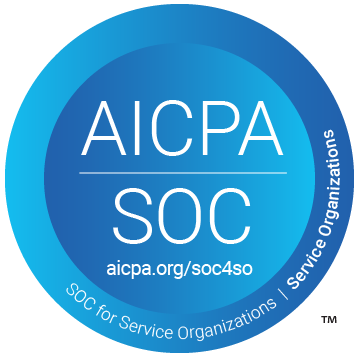Purchasing & Accounts Payable Glossary
There are currently 18 Glossaries in this directory beginning with the letter S.
Sourcing In Supply Chain
The role of sourcing extends beyond merely procuring materials; it is integral to forming a resilient and responsive supply chain. Strategic sourcing enables organizations to mitigate risks, enhance innovation, and respond rapidly to market changes. Read More
Sourcing Strategy
A sourcing strategy refers to a plan that formalizes the way information is gathered and used so that an organization can utilize its consolidated purchasing power to find the best possible values in the marketplace. Read More
Spend Management
Spending is a crucial factor that can affect the profit of your company. Although, there are still a few organizations that find themselves struggling in this area. We believe that is something you would not like for your business. Read More
Spend Under Management
Spend Under Management is a key performance indicator (KPI) for procurement. It provides a measure of how effectively a company is managing its spend. Read More
Spend Visibility
Spend visibility is the ability to track corporate spending in a detailed and categorized manner. Read More
Strategic Sourcing
Strategic sourcing is absolutely an invaluable tool used by companies to acquire resources in the most cost-effective and efficient manner. Using strategic sourcing paired with digital business networks, companies are able to create seamless experiences from start to finish of their business operations. Read More
Supplier Consolidation
Supplier consolidation, also known as vendor consolidation, is a procurement strategy where a company reduces its number of suppliers.Read More
Supplier Management
Supplier management, also known as supplier relationship management (SRM), is a comprehensive approach to managing an enterprise’s interactions with the organizations that supply the goods and services it uses. Read More
Supplier Performance Metrics
Supplier performance metrics are a set of quantitative and qualitative measures used to assess a supplier's performance. Read More
Supplier Risk
Supplier risk, also known as vendor risk or supply chain risk, refers to the potential negative impacts that can arise from a company's reliance on its suppliers. Read More
Supplier Statement Reconciliation
Supplier Statement Reconciliation is an essential process in the financial management of a business. It involves comparing a supplier’s statement of account to an organization’s internal records to identify any discrepancies and ensure that all transactions are accurate and complete. Read More
Supply Chain Analyst
A Supply Chain Analyst acts as a key facilitator in the logistics process, primarily focusing on the flow of goods and services from suppliers to customers. Read More
Supply Chain Analytics
Supply chain analytics involves the systematic collection and analysis of data across various stages of the modern supply chain. Read More
Supply Chain Certification
Supply chain management (SCM) encompasses the planning and management of all activities involved in sourcing, procurement, conversion, and logistics management. Read More
Supply Chain Finance
Supply chain finance, also known as supplier finance or reverse factoring, is a set of solutions that optimizes cash flow by allowing businesses to lengthen their payment terms to their suppliers while providing the option for their suppliers to get paid early. Read More
Supply Chain Optimization
Supply chain optimization involves the integration of various processes, technologies, and strategies to enhance the overall performance of a supply chain. Read More
Supply Chain Planning
The role of supply chain planning is multifaceted, impacting various aspects of a business such as inventory management, production planning, and logistics. Read More
Supply Chain Strategy
A supply chain strategy is a structured plan that outlines how an organization will manage its supply chain operations to maximize efficiency and minimize costs while maintaining customer satisfaction. Read More






